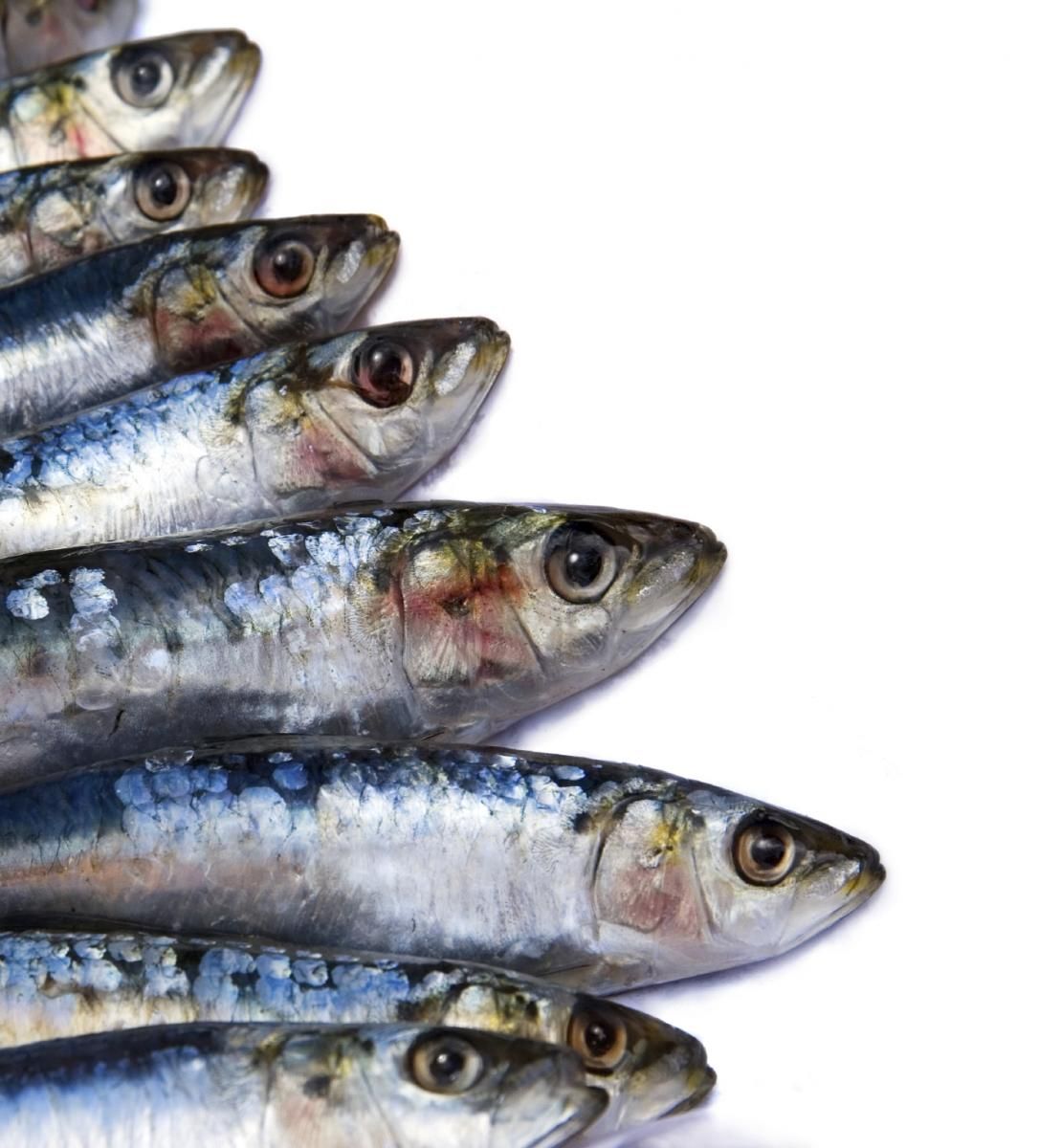White Paper Explores Fish Oil Contaminants
Nearly 1900 fish oil samples beat the GOED standard for heavy metal contamination.

Because various contaminants can enter the marine food chain and accumulate in the fatty tissues of fish, consumers are often concerned with a risk of heavy metals present in fish products. But new data on nearly 1900 fish oil samples indicates that, at least within this large data set, contaminants in fish oils are within safe limits.
Over a five-year period, fish oil manufacturers submitted samples of their fish oil products to Nutrasource Diagnostics, a contract research organization specializing in omega-3 diagnostic tests. The organization then tested each sample against the GOED Voluntary Monograph limits, which are popular standards for fish oil contaminants created by the Global Organization for EPA and DHA Omega-3s (GOED).
All 1894 samples, representing 44 brands from 8 countries, tested below monograph limits for each contaminant, including heavy metals (cadmium, lead, mercury, and arsenic) and polychlorinated biphenyls (PCBs). Arsenic counts were considerably higher than those for other heavy metals, but the researchers say it is possible that much of this arsenic was non-toxic organic arsenic.
“We are very pleased to have partnered with GOED on this groundbreaking industry-wide project,” said Nutrasource president and CEO Will Rowe. “The testing of a vast array of samples across a number of omega-3 product categories from major supply chains around the world is truly representative of the overall high quality of omega-3 products.”
GOED believes the quantity of samples makes this the largest analysis of consumer fish oil products. The data set represents several years and seasons of fish harvest, and several species of fish from different geographical regions. The fish oil samples were sourced from herring, menhaden, sardine, anchovy, salmon, and tuna of various omega-3 fatty acid concentrations.



